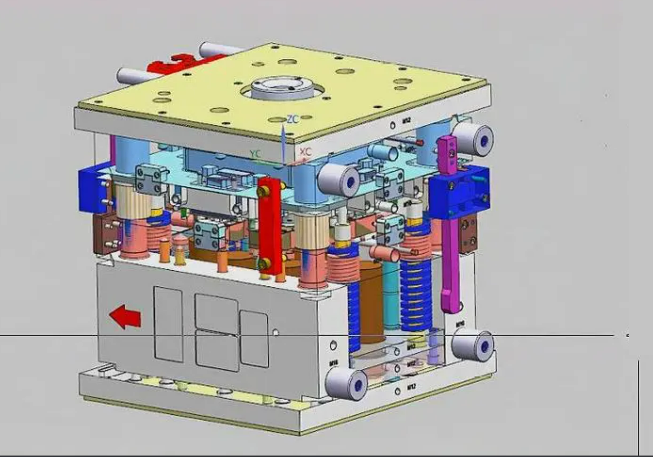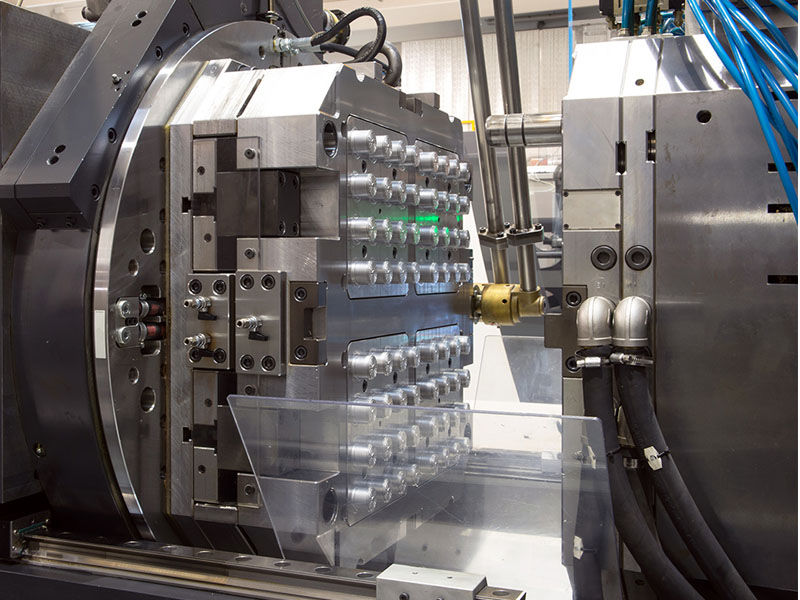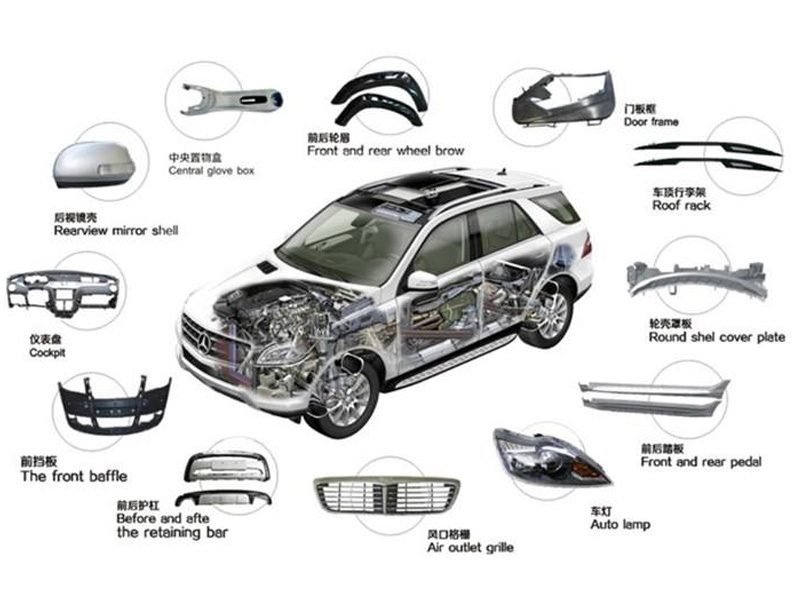The manufacturing price of precision plastic molds is very expensive, the main reason is the complexity and professionalism of precision plastic molds. Therefore, professional knowledge and rich experience are required to provide customers with accurate services. A qualified plastic mold supplier should have the following capabilities:
1. Must have its own quality management system
Having a quality management system is an essential condition for plastic mold suppliers, which indicates whether the manufactured plastic molds meet quality standards. From material warehousing to production process, to finished product and shipment, quality inspection must be carried out in every step, and guests can inquire about the mode of quality control process. A mold company without a quality management system will have many risks: no process for continuous improvement, increased risk of defects, reduced productivity, and increased overall costs and reduced mold life.
2. Experienced engineers and manufacturing team
Having experienced engineers is the guarantee of plastic mold design. With professional knowledge and rich experience, they can be familiar with various mold manufacturing standards and understand the application of mold standard parts. Although precision mold manufacturing relies on modern CNC equipment, but more depends on people. From designing products to making molds, qualified teams will propose the required adjustments and innovative capabilities to help customers reduce injection molding costs and make customers more worry-free
3. Quick response from sales staff
The salesperson should have some tooling expertise and ensure that the customer's specific needs and concerns are properly understood and addressed.
4. Customized after-sales service plan
A plastic mold factory without custom machine maintenance means that the machines are not inspected and calibrated, which then poses some potential risks to the customer's project, such as increased likelihood of defects, potential rework, and costly shipping delays and increased overall costs.
5. Records of production quality or traceability
Manufacturers without product or quality records cannot determine what defects occurred during production and where those defects occurred. Without this, there is no way to ensure traceability, no quality oversight of their supply chain, no way to know exactly what went wrong, when it went wrong and how to fix it.




